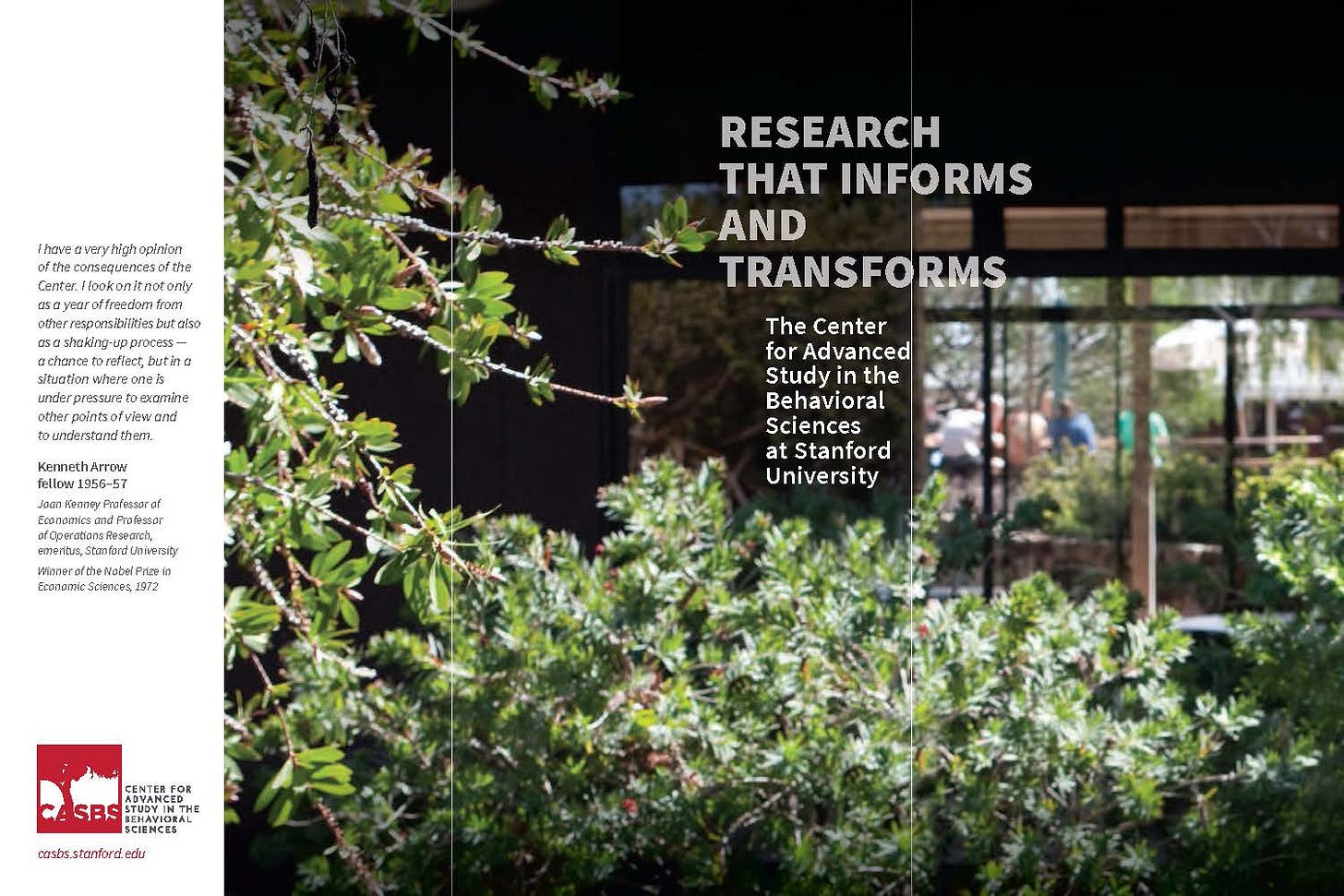The Interpretation of Signals
One of the themes that I have explored from time to time in this newsletter is the interpretation of signals. The waving of a red handkerchief in a Chicago courtroom a century ago was a warning to the witness on the stand that in most cases led to an abrupt cessation of testimony. Phrases that are routine and innocuous can come to be seen as deeply offensive in the blink of an eye. Vulgarities can be disguised by imaginative word substitution, and adjectives can be turned into insults by strategically dropping a syllable. Facial tattoos, pronouns in bios, and even the color of one’s clothing can send messages that are implicit but well understood.
One mechanism through which messages come to be associated with meanings is selective abandonment and adoption. Once it became apparent that the phrase All Lives Matter was interpreted as a racist dog whistle in some quarters, it was quickly abandoned by those who were loath to send this message, and perhaps adopted by others who could do so with plausible deniability. Through such processes evolving meanings eventually becomes entrenched.
Meanwhile, other signals can remain contested for extended periods, or attach to different meanings in different minds. To take a recent example, the think tank Third Way has published a memo arguing that language intended to “include, broaden, empathize, accept, and embrace” comes across as “superior, haughty and arrogant” to a significant share of the electorate.
I’m planning to explore these themes more systematically over the coming academic year, while in residence at Stanford’s Center for Advanced Study in the Behavioral Sciences. I have copied below a portion of the proposal I submitted with my fellowship application, in the hope that readers of this post will bring useful material to my attention. I know that these issues span multiple disciplines, and while familiar with the classics—Goffman on impression management and Lewis on sender-receiver games for example—there are probably many relevant books and papers that I have yet to read. So if you have suggestions please post them below, comments are welcome and open to all.
For the fellowship year, I plan to complete a book with the provisional title Messages and Meanings. This will build on my work in Shadows of Doubt, but move beyond the domain of crime, policing, and the justice system.
The book is about the hidden meanings conveyed by the messages we send and receive. These messages include not just verbal or written statements, but also accents, tattoos, piercings, turbans, and other forms of self-expression. Messages that are sincere, and messages that are designed to manipulate. Messages that are disembodied, such as prices in markets. And messages that we can scarcely avoid sending, such as our height, build, eye shape, and skin color.
The interpretation of such messages can have enormous consequences. A message that is mistakenly perceived as a threat can result in preemptive violence, by a rival or a law enforcement officer. One that causes grave but unintended offense can end a career. And messages properly understood are a precondition for effective collective action, and indeed for a functioning language.
Modern life is information rich and interpretation poor. We have a vast reservoir of knowledge at our fingertips, and unprecedented access to the inner lives of others. At the same time, we are subject to manipulation as never before. An extreme example is the spectacular growth of cybercrime, where trusting individuals are persuaded to transfer their life savings to scam artists in far flung locations. Another serious threat is the rapid spread of conspiracy theories about the effects of vaccines or the stealing of elections. Some people are trapped in echo chambers, while others are forced to negotiate incompatible worlds with irreconcilable beliefs, in which language is used in entirely different ways. This fractured existence is not consistent with a healthy democracy, and a deeper understanding of the forces giving rise to it ought to be of some use.
The speed with which the world has become information rich has been staggering, and our interpretative powers have been unable to keep up. We face a multitude of crises, ranging from an inability to engage in necessary levels of collective action on pressing issues such as climate change, to a loss of faith in our democratic institutions. Dealing with these is going to require, at a minimum, a recognition that we do not reason from a common understanding of the world. Our opinions are shaped not just by information, but also by mutually irreconcilable perspectives. Whether or not these differences can be managed in a way that is consistent with social cohesion and civil discourse remains an open question, but one that is in urgent need of an answer. It is my hope that the book will move us a few steps closer to one.



This is obviously a vastly ambitious project...but you're up to the task. If you perhaps want a historical example of changing meaning to illustrate your ideas....may I suggest the French Revolution? It's amazing, in those relatively few years, alliances, signals, language and interpretation changed so quickly!
Sounds interesting !